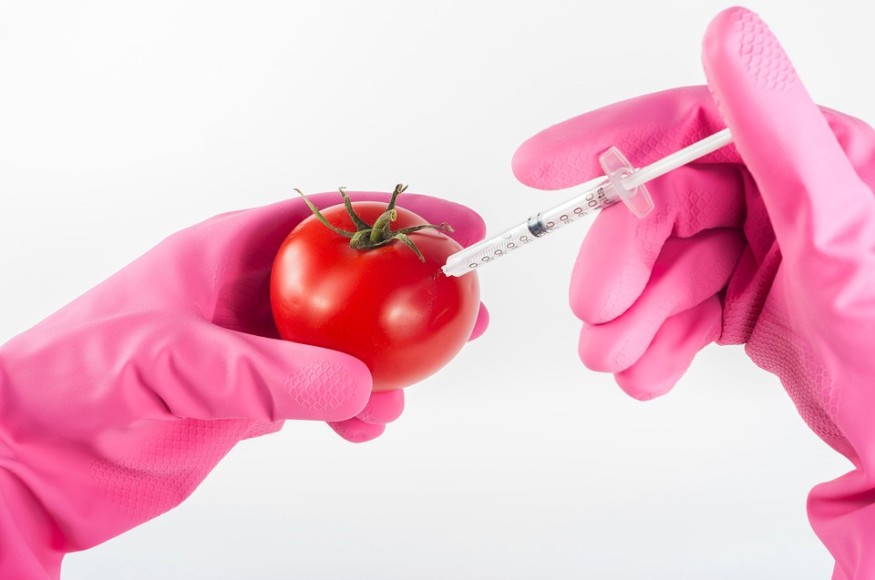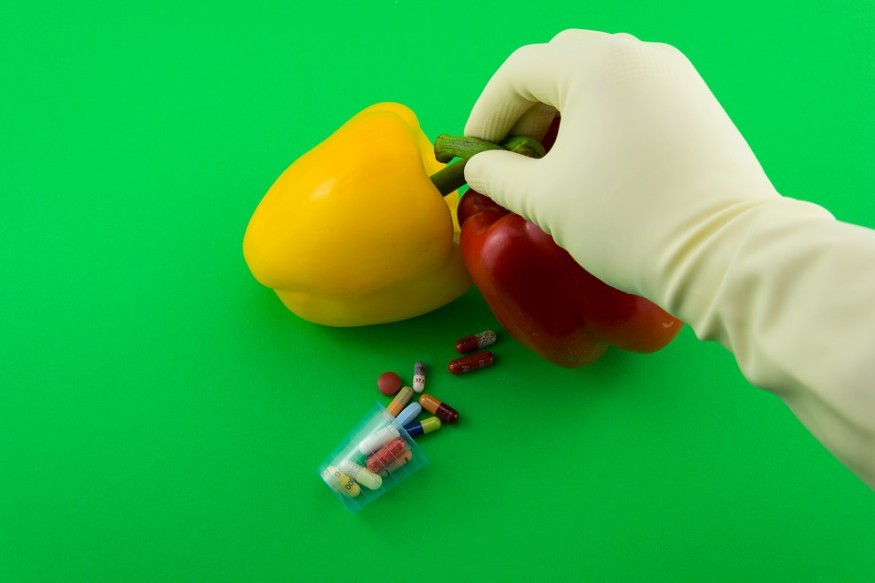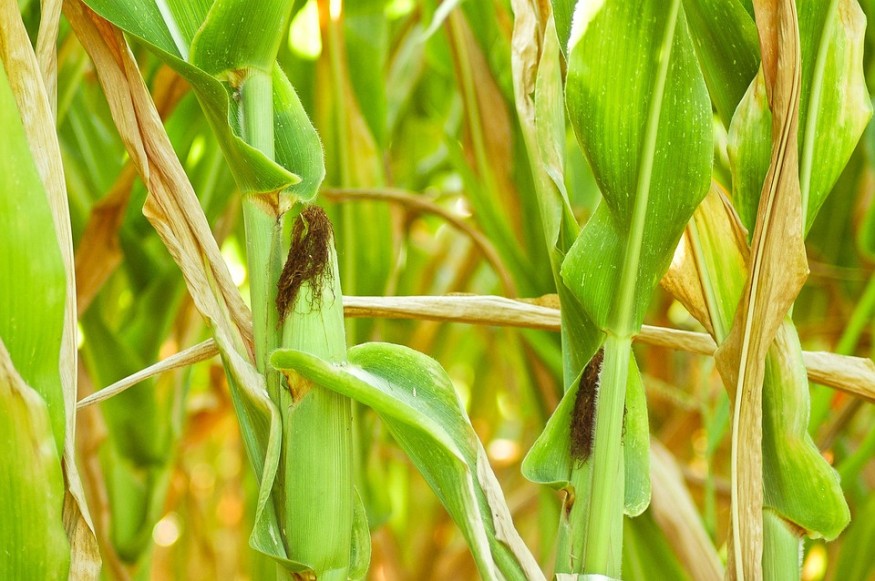
People are now drawing more and more attention to genetically modified organisms (GMOs), and experts are continuously debating about it. According to a statement made by the U.S Department of Agriculture, GMO seeds are now being used by many farmers and plantations to plant corn, cotton, and soy in the country. With that, it is most likely that the food being served in your tables have GMOs.
Although many research and studies say that GMO foods are safe and sustainable to eat, many people also claim that these can harm one's health and the environment. In this article, we will discuss what GMOs and their pros and con are.
What are GMOs?
GMOs are short for genetically modified organisms wherein their DNA is extracted from the original organism, and they are modified through genetic engineering technology. GMOs are frequently used in the food industry, especially for fruits and vegetables.
There are tons of reasons why farmers and food technologists use GMOs to crops. Some of the reasons include improvement in growth, nutritional content, pest-resistance, and sustainability. GMOs also make it easier for farmers to farm.
Although it is possible for foods to have desirable traits with selective breeding naturally, genetic modification may take more time as there are plenty of generations that it can make. Many breeders find it hard to determine the change in genetics that will lead to a new trait.
GMO crops are widely popular in the United States. About 90% of the country's root crops are GMOs, including corn, cotton, and soy.

Pros of GMOs
GMOs are very beneficial for both growers and consumers in plenty of ways. First, GMO crops are genetically modified to have a gene that will protect the crop from pests and insects. This gene produces the protein that is known to fight off insects and pests. The GMO plants will retain their natural resistance against pests compared to non-GMO crops that you need to spray pesticides from time to time.
Another reason why GMOs are an advantage is that they contain higher nutritional value. Because they are modified to have specific genes, growers can now instill in the GMO seed of what they want the crop to have. Moreover, genetic modification also helps better the flavor and appearance of foods.

Cons of GMOs
Although recent studies say that GMOs are safe and sustainable, there are still flaws in the process in which people are cautious. One of the disadvantages of GMOs is that it might trigger an allergic reaction. Since it genetically modified and they contain foreign genes, people are worried that the genes might be too overwhelming for the human body and trigger allergic reactions.
There are also claims that GMOs can lead to cancer. Since cancers come from mutated DNA, people fear that GMO foods will add cancer cells that may affect your DNA. However, according to the American Cancer Society, there is still no evidence of GMOs linking to cancer.
Lastly, people also assume that GMO crops can harm not only human health but also the environment. Most GMOs are made to resist herbicides. Farmers use these herbicides without knowing that it could damage their crops. However, this has not yet been proven, and GMOs are still marked safe for human consumption.



